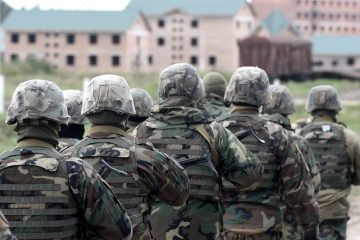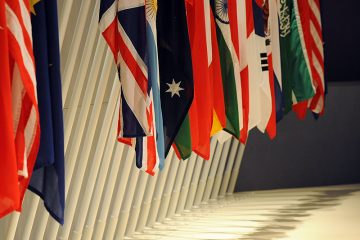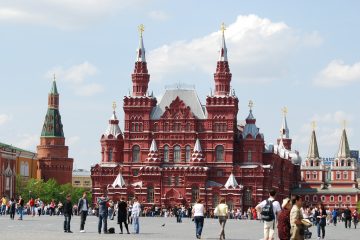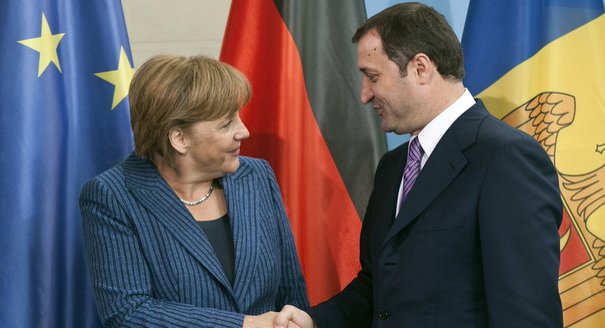
A New Battleground: Russia’s “Grey Zone” Warfare in the Sahel
As Russia’s invasion of Ukraine enters its second year, the Wagner Group has been expanding its Kremlin-backed footprint across the globe. In particular, the mercenary network has been deploying forces in Africa’s Sahel region, revealing how Moscow is strategically blurring the line between “anti-terror” operations, security-for-resources tradeoffs, and covert political influence. In recent months, U.S. officials have accused Wagner of exploiting resources in the Central African Republic (CAR), Mali, Sudan, and beyond in an effort to fund Putin’s “war machine” in Ukraine — a charge Moscow dismissed as “anti-Russian rage”. Beyond the Ukraine crisis, however, the group’s activities and atrocities are painting a dire picture of Russia’s long-term strategy to destabilise Western relationships and gain a foothold in the African …

On the Margins: Meetings to Watch at the Hamburg G20
Summits are not just — or even mostly — about what happens in the formal leaders’ meetings. What happens on the sidelines often has the largest effect on steering the course of international politics. This is the first year that the G20 summit could end up as a failure, advancing little in the way of substantive progress on the global governance agenda, chiefly owing to the group now having to contend with Donald Trump taking America’s seat at the summit table. Trump’s ‘America First’ agenda — typified by its economic protectionism and rejection of the established multilateral order — is entirely antithetical to the G20’s previous commitments to reject protectionism and safeguard the liberal, rules-based, multilateral governance order. This year’s G20 …

Presidential Proxies: Cloaked Law-making in Contemporary Russia
The Russian newspaper Vedomosti recently reported something that may strike many as rather odd. Drawing on a range of internal sources, the paper claimed that the Russian Presidential Administration was increasingly using members of the Federation Council – the upper chamber of the Federal Assembly, whose members are colloquially referred to as “senators” – to introduce bills into the federal legislature. This use of senators as law-making proxies is puzzling because of the President’s formal law-making powers: According to article 104, section 1 of the Russian Constitution, the President of the Russian Federation has the “power to initiate legislation”. In practice, this means the President has the authority to introduce bills into the State Duma – the lower chamber of the …

Moldova: At the Crossroads between Russia and the European Union
On August 22, 2012, German Chancellor Angela Merkel conducted an important one-day visit to Moldova to celebrate 20 years of German-Moldovan cooperation. Some of the key topics of discussion during her visit were a potential resolution of the Transnistrian conflict, triggered by the self-proclaimed independence of this Moldovan region in 1990 and suspended by the 1992 ceasefire, as well as Moldova’s integration into the European Union (EU). Indicative of the importance of this visit was the fact that the German Chancellor took part in the visit personally, rather than sending a lower ranking representative to address her Moldovan counterpart. Most commentators who have analyzed Merkel’s visit have played down its importance, arguing it merely represents a strengthened effort to resolve …









